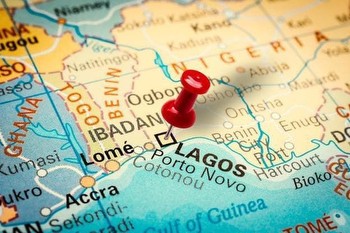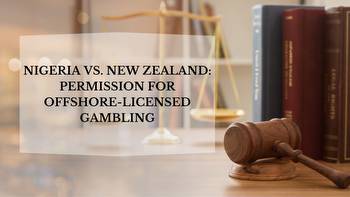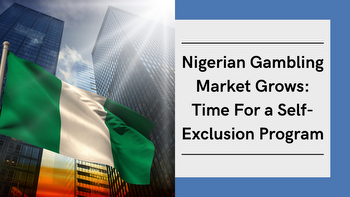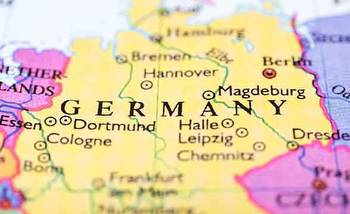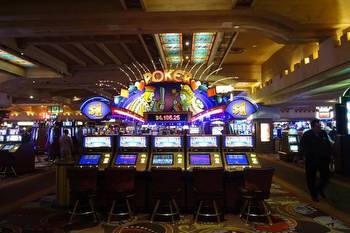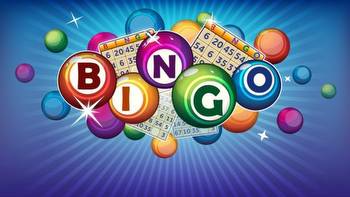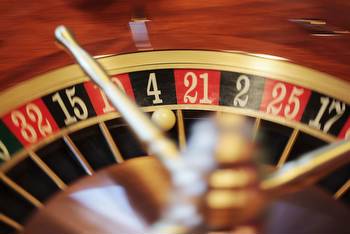Should Nigeria Protect People From Gambling Addiction Like Germany Did?

Gambling is big business in Nigeria, generating around N250 billion ($600 million) annually. It's not good for the country nor for Nigerians who participate in gambling activities.
Gambling is a popular pastime in Nigeria. Online casinos and sports betting operators have increased its popularity. Some studies suggest that 70% of Nigerian youths regularly bet on football matches.
Nigeria's current gambling laws are not fit for purpose. Gambling providers pay high fees to secure a license and multiple taxations to the various regulators. Online gambling is entirely unregulated in Nigeria.
Gambling is taxed around the world, but in Nigeria less than half of GGR goes to municipal causes. In the US, around 30% of gambling revenue is funneled to the state. There is a total lack of player protection in the unregulated market. Online gamblers can easily fall prey to rogue operators. Unlicensed casinos and sportsbooks often swindle their players with rigged games or by refusing to honor payouts.
Germany's new gambling laws came into effect in July 2021. Operators can buy a five-year license, the same length as those issued to Nigerian casinos and betting shops. The rules focus on responsible gambling and gambling functionality. Germany's law also taxes players directly. n Nigeria's policy is to encourage players to use black market sites. n.b. Experts say other countries do not impose this tax.
Nigeria's gambling laws need reform. The National Gaming Conference in Lagos in July 2021 was one of the steps taken towards acquiring a central monitoring system to oversee gambling nationwide. Germany's new treaty affects the sector and it's successful in terms of profit and player protection. The direct tax on players is one aspect of German legislation that should be avoided.










